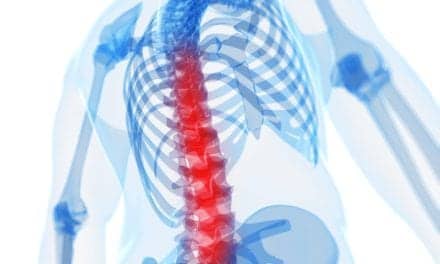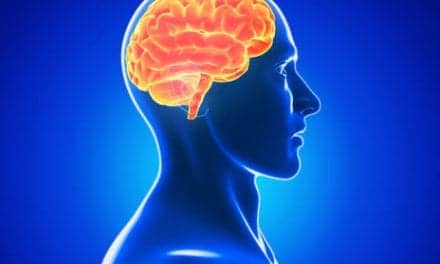Spaulding Rehabilitation Hospital, a teaching affiliate of Harvard Medical School, and Highland Instruments Inc (Highland) jointly announce the planned use of second generation Integrated Motion Analysis Suite (IMAS) as part of a National Institutes of Health (NIH) funded Clinical Trial investigating Highland Instruments’ Electrosonic Stimulation (ESStim), a novel noninvasive brain stimulation technology, for Parkinson’s Disease (PD).
The double-blinded randomized controlled trial (RCT) is an NIH Small Business Innovative Research (SBIR) Phase II grant funded study that follows the successful results of Highland’s recent NIH funded Phase I SBIR JANUS 3A RCT.
The IMAS has been designed to objectively assess patient kinematics during motor exams with less variability than made during typical motor exams. The IMAS system is being used to improve objective motor assessments in PD undergoing ESStim therapy. Ultimately, the IMAS system is also being explored as a tool to optimize patient therapy, such as the delivery of neurostimulation dose.
Laura Dipietro, PhD (Highland Instruments), one of the developers of the IMAS system stated, “We are excited to advance our IMAS system into the clinic and look forward to implementing it not just in PD, but throughout the fields of neurology, rehabilitation, and physical medicine where assessing patient movement is critical to care.”
Felipe Fregni, MD, PhD, MMSc, MPH, MEd, (Spaulding Rehabilitation Hospital trial site Principal Investigator, Professor, Harvard Medical School) stated, “In this JANUS series of trials, ESStim treated patients demonstrated clinically and statistically significant improvements in Unified Parkinson’s Disease Rating Scale assessments and numerous other clinical endpoints. Objective kinematic assessments are key for understanding the impact of therapy in these patients and delivering optimal care. The IMAS system will not only continue to aid us in the JANUS trials, it offers a potential future tool that can aid care givers in the diagnosis and management of movement disorders.”
IMAS is also currently being investigated as a tool to predict stroke recovery in acute stroke patients.
[Source(s): Highland Instruments Inc, PR Newswire]





